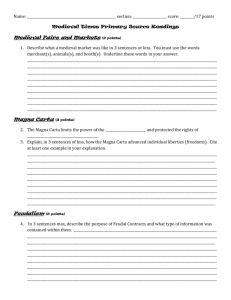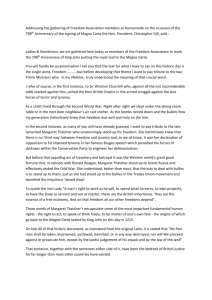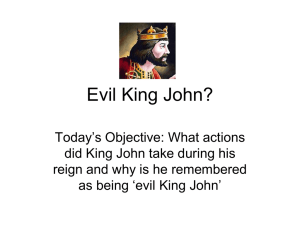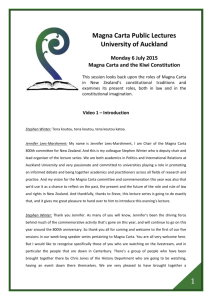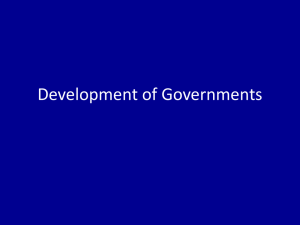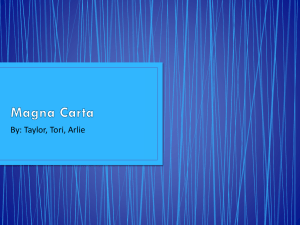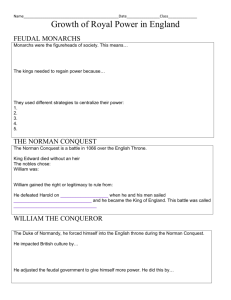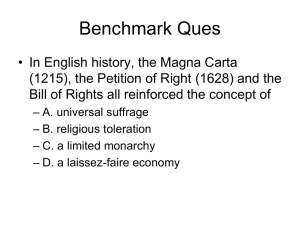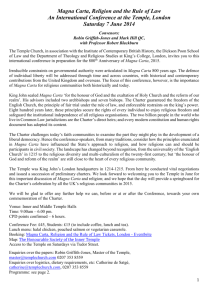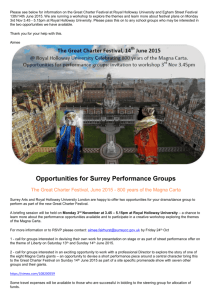click here - Magna Carta 800
advertisement
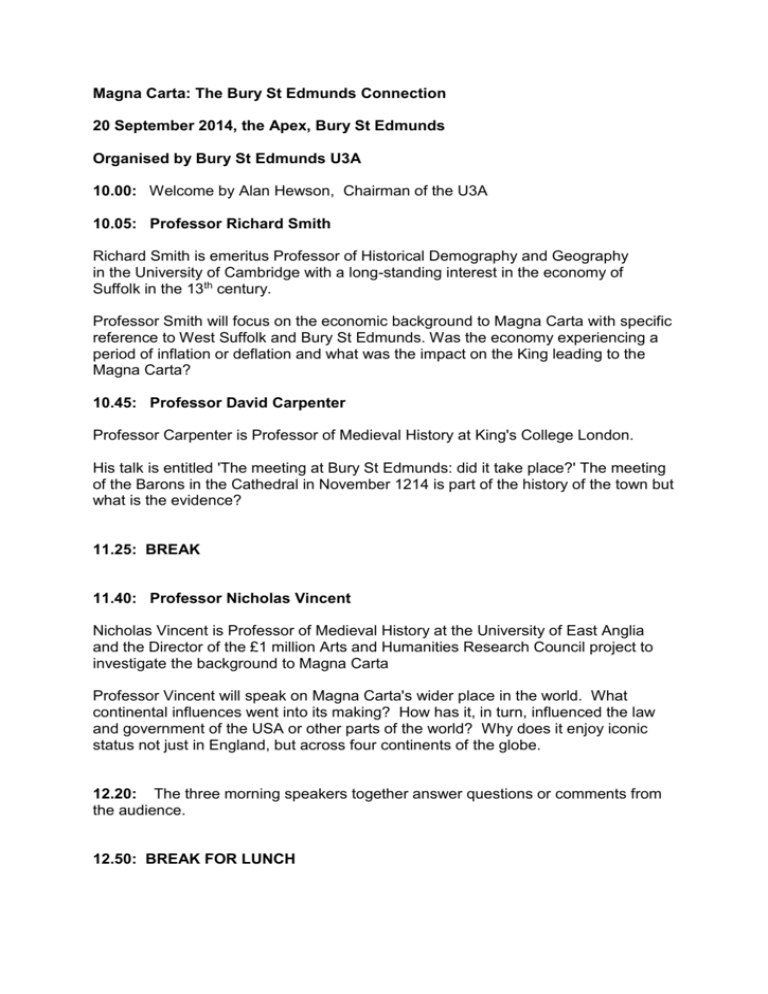
Magna Carta: The Bury St Edmunds Connection 20 September 2014, the Apex, Bury St Edmunds Organised by Bury St Edmunds U3A 10.00: Welcome by Alan Hewson, Chairman of the U3A 10.05: Professor Richard Smith Richard Smith is emeritus Professor of Historical Demography and Geography in the University of Cambridge with a long-standing interest in the economy of Suffolk in the 13th century. Professor Smith will focus on the economic background to Magna Carta with specific reference to West Suffolk and Bury St Edmunds. Was the economy experiencing a period of inflation or deflation and what was the impact on the King leading to the Magna Carta? 10.45: Professor David Carpenter Professor Carpenter is Professor of Medieval History at King's College London. His talk is entitled 'The meeting at Bury St Edmunds: did it take place?' The meeting of the Barons in the Cathedral in November 1214 is part of the history of the town but what is the evidence? 11.25: BREAK 11.40: Professor Nicholas Vincent Nicholas Vincent is Professor of Medieval History at the University of East Anglia and the Director of the £1 million Arts and Humanities Research Council project to investigate the background to Magna Carta Professor Vincent will speak on Magna Carta's wider place in the world. What continental influences went into its making? How has it, in turn, influenced the law and government of the USA or other parts of the world? Why does it enjoy iconic status not just in England, but across four continents of the globe. 12.20: The three morning speakers together answer questions or comments from the audience. 12.50: BREAK FOR LUNCH 14.00: Professor Paul Brand Professor Paul Brand is a Senior Research Fellow of All Souls College, Oxford where one of his special interests is in the making and enforcement of legislation in thirteenth century England. Professor Brand will talk about Magna Carta in the courts: its enforcement and interpretation 1215-1300. Magna Carta was, of course, a major constitutional document but its individual clauses were also invoked by litigants and the royal justices in the course of individual cases heard in the courts and the main focus of this lecture will be on this aspect of the history of the Charter. 14.40: Professor Nigel Saul Nigel Saul is Professor of Medieval History at Royal Holloway, University of London, and author of Richard II (Yale UP, 1997). Professor Saul’s talk will reflect on the fact that although the Charter, a document today held in veneration, amounts in many ways to a written constitution, the English are actually uneasy about the idea of written constitutions. How far was the Charter successful in guaranteeing personal freedoms; and, if it wasn’t, what in fact was? 15.20: BREAK 15.35: Dame Fiona Reynolds Dame Fiona Reynolds was from 2001 - 2012 Director-General of the National Trust; she is now Master of Emmanuel College, Cambridge. At the National Trust she led a cultural revolution, making the Trust warmer, more welcoming and open. Dame Fiona will take an unconventional look at Magna Carta’s legacy, and will speak about the way in which Magna Carta and the accompanying Charter of the Forest shaped our landscape and our relationships with the land and nature, some aspects of which are still traceable today. 16.15: The three afternoon speakers together answer questions or comments from the audience. 17.00: Close

